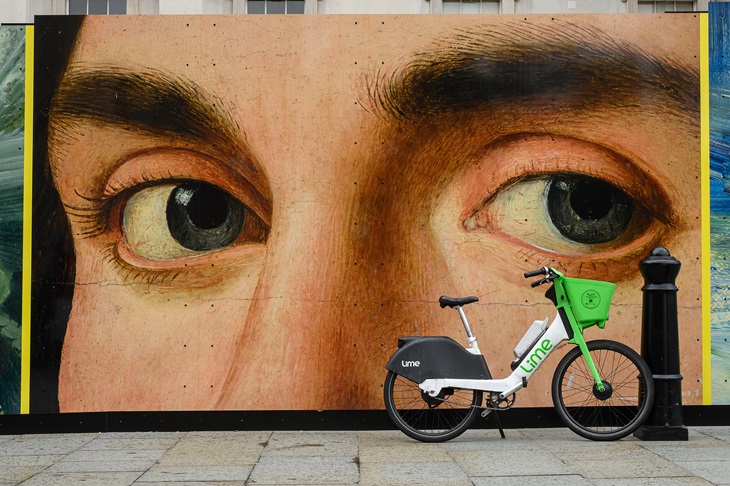Hundreds of thousands, perhaps millions, of e-bikes were photographed piling up in what has been unofficially dubbed, ‘China’s e-bike graveyard’. It has been going on for years, with no end in sight.
Brings a new perspective to the size of China's massive bike graveyards pic.twitter.com/Enji5nmYtE
— Matthew Brennan (@mbrennanchina) December 4, 2018
Despite all the green hype surrounding the ‘dockless bike-share’ industry, it is producing an extraordinary amount of waste.
Already a subscriber? Log in
Subscribe for just $2 a week
Try a month of The Spectator Australia absolutely free and without commitment. Not only that but – if you choose to continue – you’ll pay just $2 a week for your first year.
- Unlimited access to spectator.com.au and app
- The weekly edition on the Spectator Australia app
- Spectator podcasts and newsletters
- Full access to spectator.co.uk


























Comments
Don't miss out
Join the conversation with other Spectator Australia readers. Subscribe to leave a comment.
SUBSCRIBEAlready a subscriber? Log in